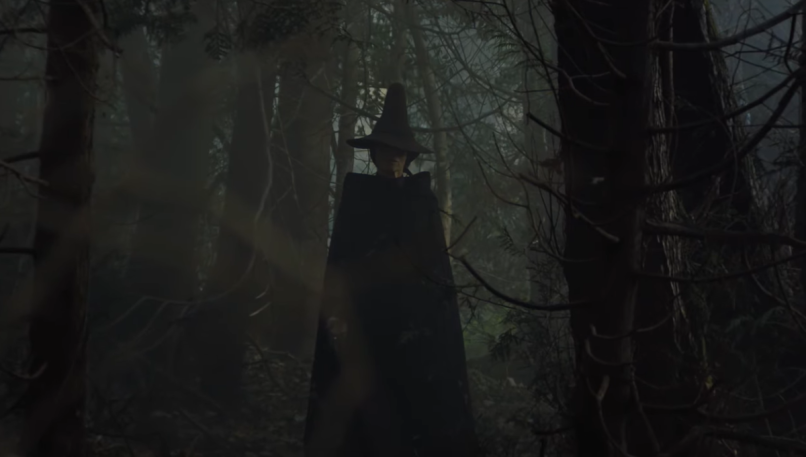
The genius of Ennio Morricone is already carved into the cinematic landscape as indelibly as any dusty desert canyon. No other composer of movie scores has ever combined classical overture and musique concrete experimentalism into such an evocative and instantly recognisable voice, nor had such a monumental impact on wider pop culture. His scores for films such as The Good, The Bad & The Ugly, A Fistful Of Dollars and Once Upon A Time In The West have influenced acts as disparate as Nick Cave, Radiohead, Metallica, Muse, Gnarls Barkley, The Last Shadow Puppets, Anna Calvi, Jay-Z and any noir country rocker who ever wanted to make the Bull & Gate feel like a New Mexico cemetery circa 1862. Over 60 years and more than 500 scores, every whipcrack, whistle and war cry has deepened his legend, from spaghetti western (the Dollars trilogy) to gangster flick (The Untouchables) to art house epic (Cinema Paradiso). Often his scores outshine the films themselves.
If we’re singing to the (southern gothic) choir here, it’s only to prepare you for Ennio, a two-and-a-half-hour testimonial to Morricone’s aforementioned brilliance. A life, on this evidence, of much achievement but very little drama. Beyond a spot of difficulty gaining respect and recognition from his teachers at Rome’s Saint Cecelia Conservatory there’s barely anything you’d call a narrative thread to Morricone’s story. Instead, a parade of talking heads including Bruce Springsteen, Quentin Tarantino, Bernardo Bertolucci, John Williams, Clint Eastwood and the cream of contemporary Italian composers chorus Morricone’s praises at unrestrained length, while the maestro himself outlines the processes behind many of his most famous works.
There are revolutions in 1960s Italian pop and bold upheavals in cinematic music (gunshots! Tin cans! Surf guitar!). A strop or two gets thrown, particularly whenever Ennio is asked to rewrite something or finds a film’s musical score isn’t entirely his canvas alone to work on. These insights into such an uncompromising artistic mindset are invaluable and inspiring, and it’s an elegantly shot documentary in itself, capturing Morricone in candid, if staged, moments of exercise.
Realistically though, ENNIO could have been a riveting hour and a half. Over 150 minutes, as the subtleties of score after score are dissected, it becomes a film more of interest to students of classical composition than fans of the great man himself. The final half hour is sustained by the will-they-won’t-they intrigue of his relationship with the Oscars, but by then the same story (Ennio gets a job offer; Ennio instantly hums a masterwork; everybody loves it) has repeated enough times that you’re crying out for a storied cameo from Nikki Sixx.
A career of such breadth and note deserves deep exploration, certainly, but so much of the greatness of Morricone’s music speaks for itself that exposing the workings rarely enhances the piece. Unusually for a cinema documentary, the makers should have considered spending a few dollars less.
Details
- Director: Giuseppe Tornatore
- Featuring: Clint Eastwood, Quentin Tarantino, Hans Zimmer
- Release date: April 22
The post ‘Ennio: The Maestro’ review: remembering a musical titan appeared first on NME.







